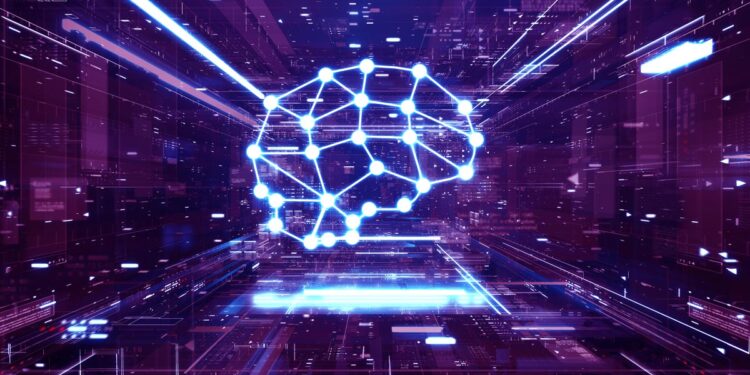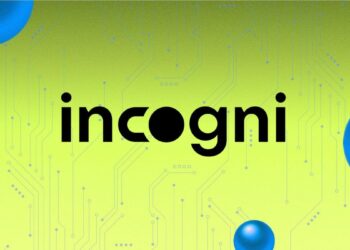
Observe ZDNET: Add us as a preferred source on Google.
ZDNET’s key takeaways
- OpenAI for Science was introduced in a Tuesday X submit.
- Its aim is to speed up scientific discovery by way of AI.
- The submit suggests GPT-5 will play a key position within the effort.
Synthetic intelligence researchers have lengthy dreamed of automating the method of scientific discovery. Now OpenAI is getting down to flip that imaginative and prescient into actuality.
The corporate is launching an initiative known as OpenAI for Science, aimed toward constructing “the following nice scientific instrument: an AI-powered platform that accelerates scientific discovery,” in accordance with a Tuesday X post from firm Chief Product Officer Kevin Weil. The timeline for the undertaking is just not but identified; Weil added in his submit that extra data would arrive within the coming months.
Additionally: Every AI model is flunking medicine – and LMArena proposes a fix
(Disclosure: Ziff Davis, ZDNET’s guardian firm, filed an April 2025 lawsuit in opposition to OpenAI, alleging it infringed Ziff Davis copyrights in coaching and working its AI programs.)
Weil, who will lead the hassle, wrote that OpenAI will rent a group of “world-class” teachers who’re “fully AI-pilled” and “nice science communicators” to affix a small group of researchers already employed by the corporate.
What can we count on from the undertaking?
Not a lot is understood at this level in regards to the “platform” that Weil and his fledgling group plans to construct. However his X submit hints at some features of the scientific course of that OpenAI for Science may attempt to extra successfully automate.
Weil wrote that GPT-5, the latest mannequin from OpenAI, which was launched final month, “is clearly a brand new threshold” within the means for AI to assist advance scientific progress. For instance, he cited a latest theoretical physics paper through which the mannequin was used to recommend concepts for proofs, suggesting that OpenAI for Science may finally goal, partly, to assist researchers formulate hypotheses and analysis strategies, thereby rushing up the tempo of discovery.
Additionally: Patients trust AI’s medical advice over doctors – even when it’s wrong, study finds
The emphasis on GPT-5 in Weil’s X submit smacks of a gross sales tactic: the mannequin has acquired mixed reviews because it was launched, with many customers complaining that it was inferior to its predecessor, GPT-4o. By wedding ceremony GPT-5 with the corporate’s new scientific analysis program, OpenAI might be trying to restore the mannequin’s broken credibility. In spite of everything, if the corporate can show that GPT-5 is ready to meaningfully contribute to scientific discovery — a rigorous course of which requires summary, multistep reasoning, and which may hypothetically lead to sensible advantages for society at giant — particular person customers and companies might be extra inclined to belief the mannequin with their very own delicate duties.
OpenAI didn’t instantly reply to ZDNET’s request for remark.
Whereas Weil did not point out grant-writing in his weblog submit, that is one other space through which generative AI instruments like ChatGPT may fruitfully be utilized: researchers at the moment spend near half (45%) of their time writing grant proposals, in accordance with the suppose tank the Institute for Progress.
Massive strides
AI has but to find new bodily legal guidelines, remedy most cancers, recommend a complete answer to local weather change, or make any of the opposite main scientific breakthroughs that many artificial general intelligence true-believers suppose might be across the nook. Maybe at some point an AI mannequin will be capable of fully automate the scientific course of, from formulating fully new hypotheses to conducting experiments to analyzing outcomes. However in the meanwhile, AI’s scientific prowess is rooted in its means to establish intricate networks of patterns from current information.
Nonetheless, researchers have made some important strides, and AI is quickly changing into an integral software in mainstream science.
Additionally: Open AI, Anthropic invite US scientists to experiment with frontier models
Google DeepMind CEO Demis Hassabis and Director John Jumper had been awarded the Nobel Prize in Chemistry final 12 months for his or her work on AlphaFold2, which makes use of AI to foretell the construction of nearly all identified proteins. The Nobel Prize in Physics final 12 months was awarded to Geoffrey Hinton, one of many so-called “Godfathers of AI,” and physicist John Hopfield for his or her pioneering work on neural networks, which have develop into the technological framework for the present AI growth.
AI’s mathematical talents are additionally persevering with to quickly evolve. In July, OpenAI reported that one among its experimental reasoning fashions achieved a gold medal-level performance on the Worldwide Math Olympiad, which is broadly thought of to be one of many world’s most elite math competitions. Google DeepMind reported the identical stage of efficiency from its personal mannequin, Gemini 2.5 Professional.
Wish to comply with my work? Add ZDNET as a trusted source on Google.



















